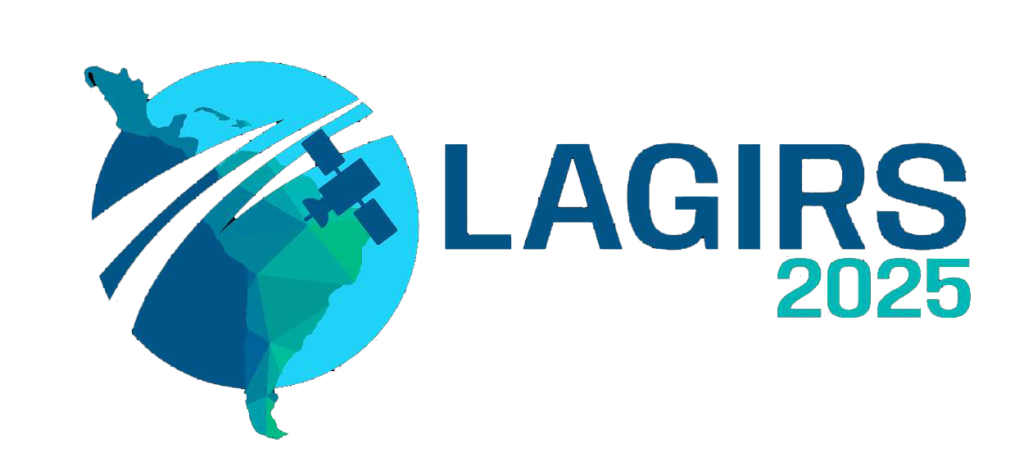Preliminary PROGRAMME

Tutorials and Thematic Workshops
The following themes shall guide our planning for tutorials and workshops, since they provide a comprehensive focus on both foundational and advanced topics in geospatial sciences.
- Remote Sensing and GIS Fundamentals
- Open-Source Tools and Programming
- Drone-based mapping, monitoring, and advanced image processing techniques.
- Environmental and Disaster Monitoring
- Geospatial Applications for Urban and Hydrological Analysis
Plenary Sessions with Roundtables
Each plenary session shall combine a keynote speech followed by a roundtable discussion that expands on the speaker’s topic and fosters interactive dialogue. Here is the expertise of each speaker:
- Fabiola Yépez-Rincón: Geomatics, remote sensing, GIS, and capacity building for Earth observation and disaster management.
- Christian Heipke: photogrammetry, remote sensing, image understanding, and their integration with computer vision and GIS.
- Carlos López Martinez: Synthetic Aperture Radar (SAR) theory, radar polarimetry, and advanced signal processing, with a focus on applying remote sensing and microwave technologies to address climate change challenges.
- Lena Halounová: remote sensing, photogrammetry, and geoinformatics, with extensive experience in academic research, leadership roles in international organizations, and fostering global collaboration in Earth observation technologies.
- Saibun Tjuatja: wave propagation, radar imaging, remote sensing, and subsurface sensing, with significant contributions to IEEE Geoscience and Remote Sensing Society and advancements in electromagnetic research.
- Marcelo Carlos Scavuzzo: geomatics, space applications, and systems, leading advancements in space-related technologies and educating the next generation of professionals through his roles at the Gulich Institute and Universidad Nacional de Córdoba.
Based on the expertise of these six keynote speakers, here are six possible themes for plenary sessions, which shall leverage their diverse knowledge, while addressing critical topics in remote sensing, geospatial technologies, and their applications.
- Advancements in Geomatics and Remote Sensing: Bridging Academia, Industry, and Policy
- Synthetic Aperture Radar (SAR) and Microwave Technologies: Addressing Global Challenges.
- The Role of Photogrammetry and Geoinformatics in Shaping the Future of Remote Sensing
- Capacity Building in Earth Observation: Fostering Global Collaboration and Innovation
- Space Systems and Applications: Innovations for Sustainable Development
- Emerging Trends in Remote Sensing and Electromagnetic Research
